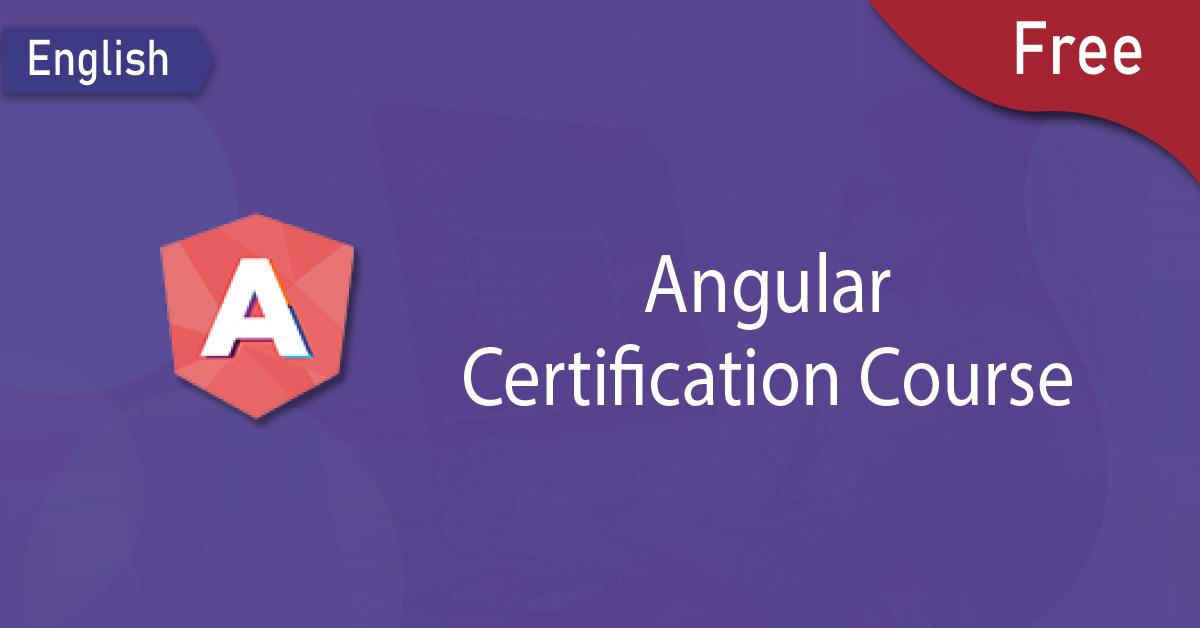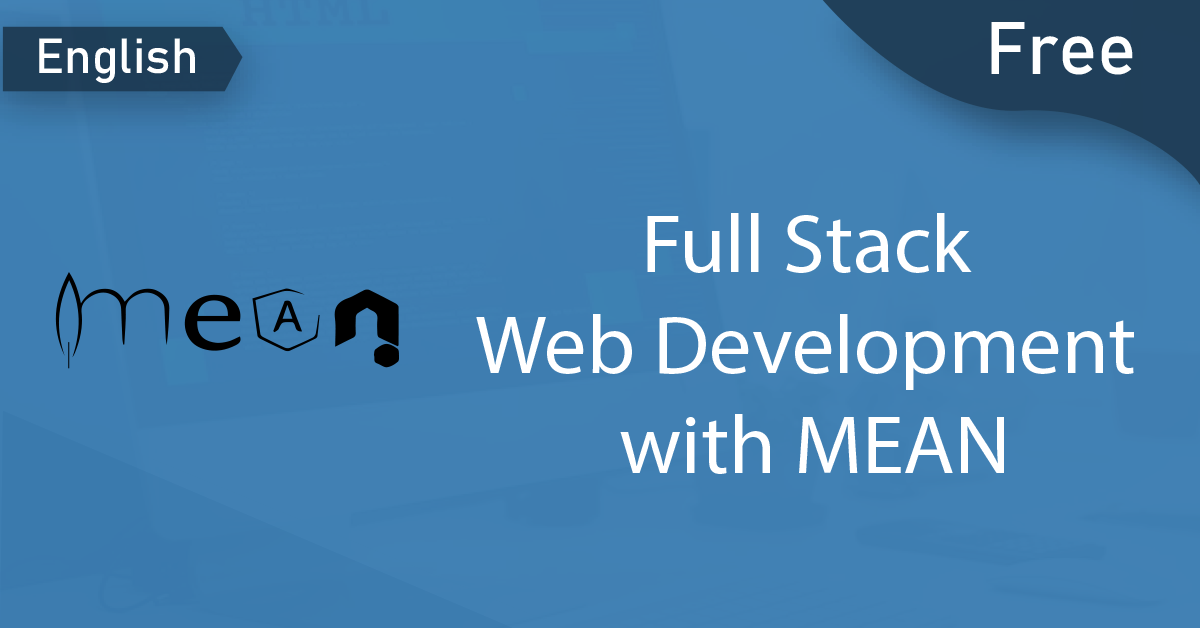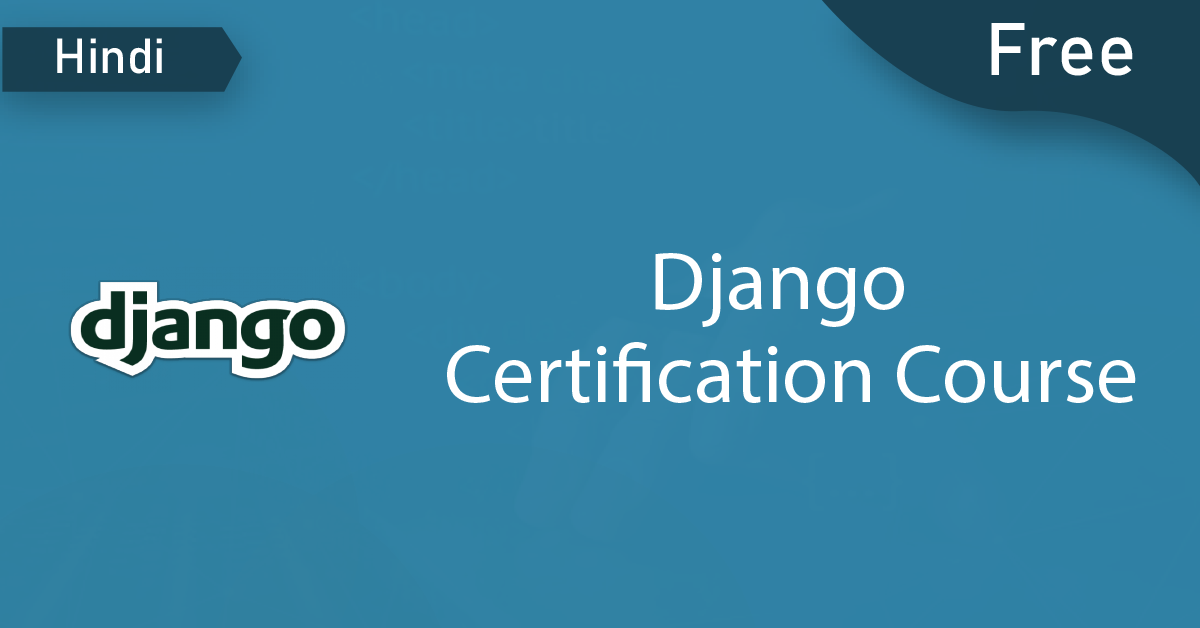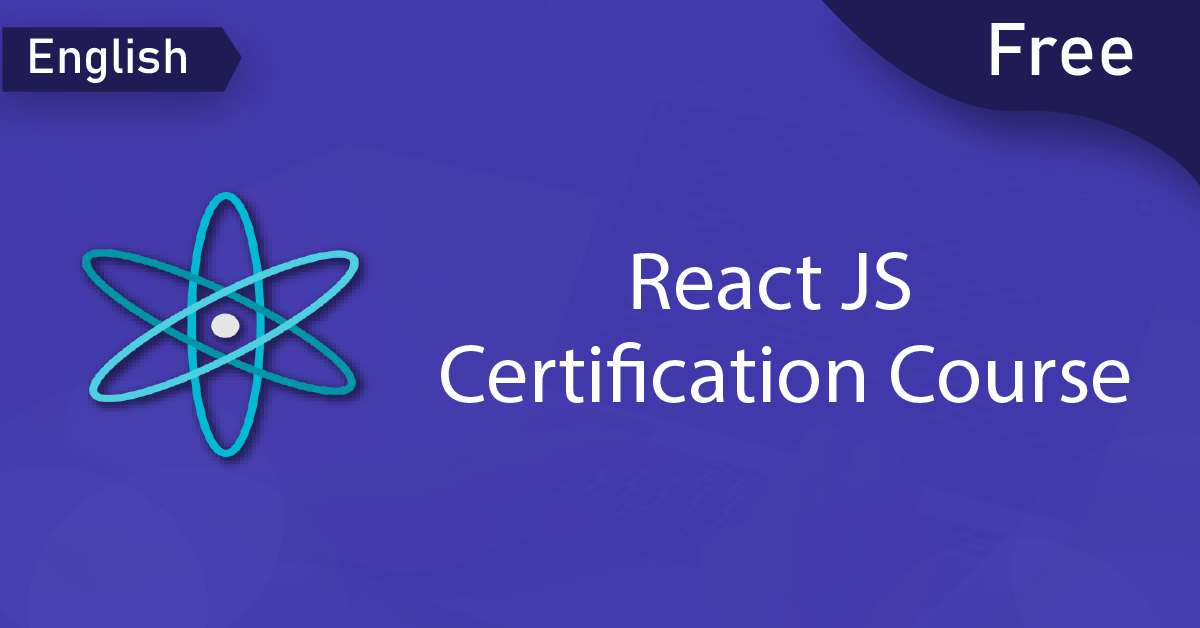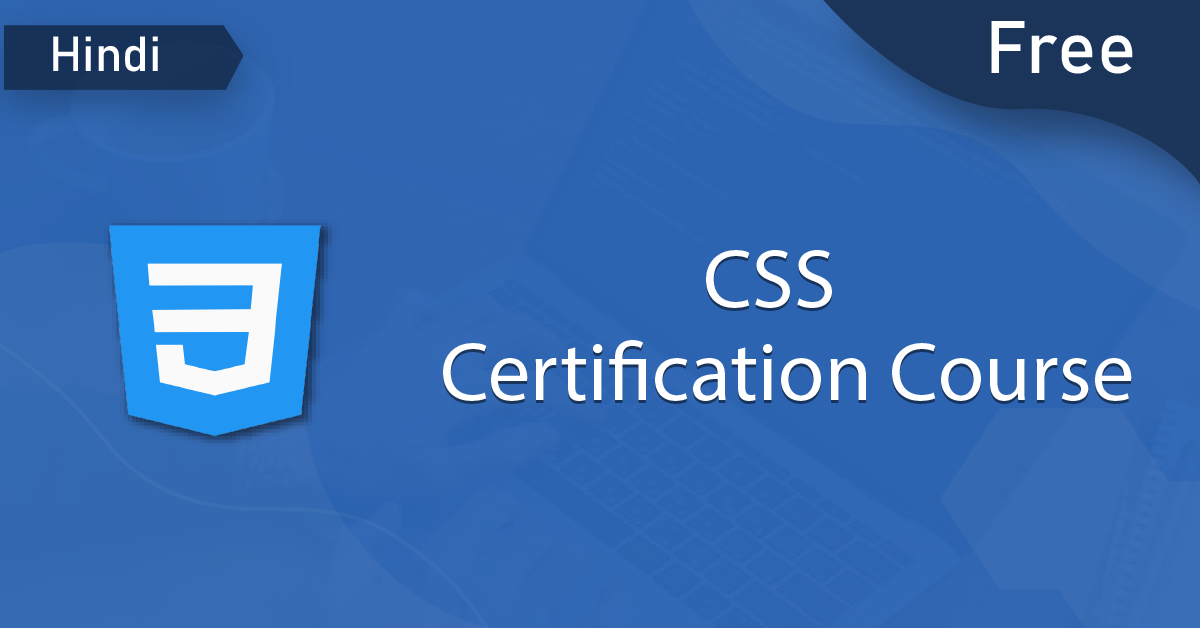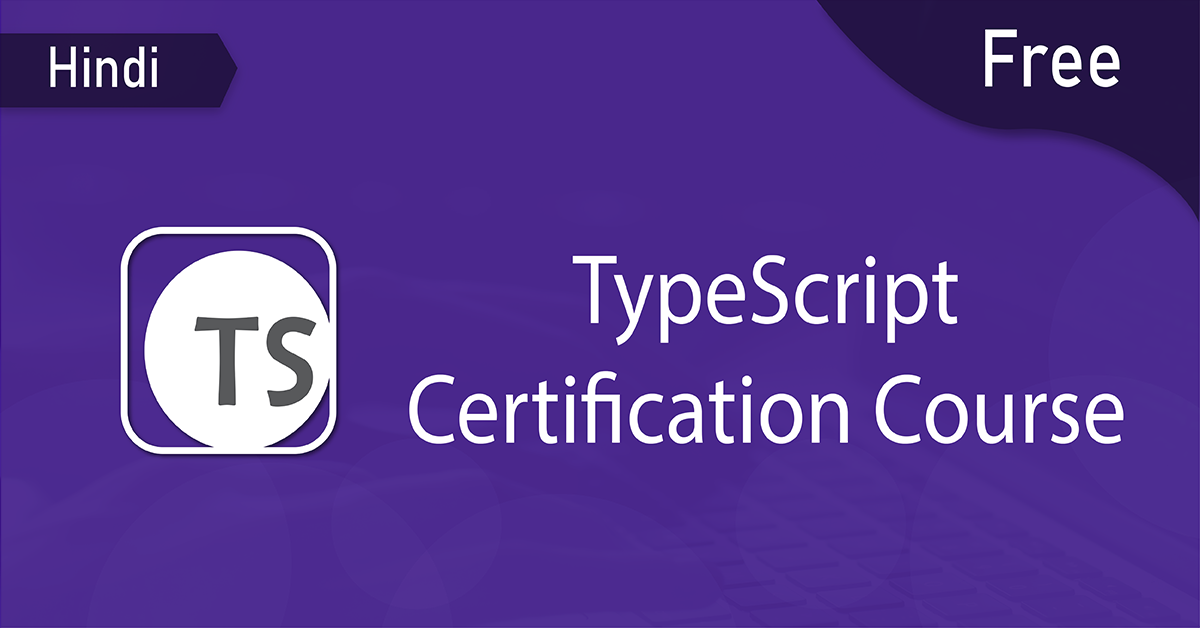These web development courses cover a wide range of topics, including HTML, CSS, and JavaScript as well as numerous web development frameworks and tools like MERN stack, MEAN stack, Django, MongoDB. Students often gain knowledge on how to create intuitive, responsive web interfaces, interactive web applications, and databases for data storage and retrieval.
Web Development Courses
What is Web Development?
The creation, design, and maintenance of websites and web applications on the World Wide Web fall under the broad category of web development. Building useful, dynamic, and aesthetically pleasing online platforms that serve a variety of functions and user needs entails a variety of jobs and technology. To create online projects, web developers use a variety of programming languages, frameworks, and tools.
The end goal is to provide users with smooth and exciting user experiences. Front-end and back-end development are the two main divisions within web development. Front-end development is concerned with the visual presentation and interactive elements that users see in their browsers and focuses on the user interface and user experience components of a website. For this, responsive and user-friendly layouts must be created utilizing languages like HTML, CSS, and JavaScript, as well as the incorporation of various multimedia components.
The server-side logic, databases, and application functionality that enable the front-end are the emphasis of back-end development, on the other hand. It entails using frameworks like Node.js and Django to manage data storage, user authentication, and the server’s response to client requests, as well as programming in languages like Python, Ruby, and PHP. Our digitally connected world depends heavily on web development, which powers everything from social media platforms and e-commerce websites to educational websites and web-based applications used across numerous industries.
Why should you learn Web Development courses from DataFlair?
There are many compelling reasons for people with different backgrounds and career goals to learn web development & programming. In the current digital era, web development is a vital talent. It gives you the ability to build and maintain websites and web applications, which are essential resources for both businesses and people. Web development skills are essential whether you want to establish your own online business, create a web-based startup, or work for a digital firm.
Web development is a lucrative career choice because of the increasing demand for their services. Additionally, by keeping up with the most recent innovations and trends, mastering web development enables you to be adaptive in a quickly changing technological environment. Problem-solving and creativity are fostered via web development. Combining design aesthetics with practical functionality while building websites lets you express your creativity while addressing practical issues.
It promotes critical thinking, effective planning, and troubleshooting skills that go beyond web development and are applicable to many facets of life and the workplace. A sense of accomplishment is also provided by web development & programming as you watch your concepts come to life online for a large global audience. Learning web development can be a fulfilling experience that improves your digital literacy and gives you the power to have a significant impact in the digital world, whether you want to pursue a full-time job in web development or you just want to pick up some valuable skills.
Training benefits of Web Development courses
For those wishing a breakthrough into the IT business or to advance their current skills, web development courses are an excellent investment due to the variety of advantages they offer. Students who complete these free web development courses and boot camps will have the fundamental knowledge and practical skills required to create websites and web apps. It offers an organized and thorough learning route. Programming languages, front-end and back-end development, databases, and online security are among the many subjects covered in this class.
Students can successfully complete real-world web development projects by using the solid foundation and understanding of web technologies they obtain from pursuing a well-designed program. Career chances are enhanced with web development training. Web developers with the necessary skills are still in high demand in the technology sector, making their profession lucrative and full of career opportunities. After completing web development courses & training, you can pursue a variety of careers, such as working as a front-end or back-end developer or specializing in web design, quality control, or project management.
The adaptability of web development courses & training additionally enables people to look into freelance possibilities or launch their own web development firms, giving them the independence to work on issues they are enthusiastic about and potentially achieving financial independence. Web development training gives people the agility and skill set necessary to flourish in the tech-driven employment market, which is characterized by a continuously changing digital landscape.
Job Roles
- Front-end Developers:
Front-end developers are in charge of designing the user interface and overall user experience for websites and web apps. To apply aesthetic components and guarantee responsive and understandable user interfaces, they collaborate closely with design teams. For this position, you must be proficient in HTML, CSS, JavaScript, and front-end libraries/frameworks like React, Angular, or Vue.js. - Back-end Developers:
Back-end developers concentrate on server-side programming and database administration. They create the architecture and server logic that support the front-end, deal with data storage and retrieval, and guarantee the performance of online applications. Node.js, Python, Ruby on Rails, and databases like MySQL or MongoDB are examples of common technology. - Full-Stack Developer:
Full-stack developers are skilled in both front-end and back-end development, which enables them to work on every facet of a web project. They are capable of managing databases, implementing server-side logic, and developing user interfaces. This position is perfect for those who want to take on end-to-end web development projects because it calls for competency in a wide range of technologies. - UI/UX Designer:
UI/UX designers concentrate on making interfaces that are both aesthetically pleasing and user-friendly. Although they aren’t specifically web developers, their job is closely related because they work with developers to make sure that the design and user experience match the objectives of the project. It is crucial to have knowledge of design software, wireframing, and prototyping. - Web Application Developer:
Developers of web applications, such as those that power e-commerce sites, content management programs, and customer relationship management (CRM) software, are known as web application developers. They frequently combine front-end and back-end technology in their work, and they may also have to incorporate third-party APIs for extra functionality. - Engineer in DevOps:
DevOps engineers are concerned with automating and streamlining the installation and upkeep of web applications. By putting best practices in cloud computing and containerization into practice, they focus on infrastructure management, CI/CD pipelines, and ensuring the dependability and scalability of web applications.
Web Development Courses FAQs
HTML, CSS, JavaScript, and well-known front-end frameworks like React, Angular, and Vue.js are among the top web development languages and technologies, we have covered all these languages in our web development courses. Languages like Python, Ruby, PHP, and Node.js are frequently used for back-end development, along with frameworks like Django, Ruby on Rails, and Express.js. The administration of data requires the use of databases like MySQL, PostgreSQL, and MongoDB.
For the creation of web apps, many developers use the MERN stack. It is made up of four essential parts: the NoSQL database MongoDB, the Node.js server-side runtime environment Express.js, the JavaScript library React, and the MongoDB database. Modern, dynamic web apps may be created with ease using the MERN stack. The data is stored in MongoDB, Express.js maintains server-side logic and routing, React controls the front-end user experience, and Node.js acts as the runtime environment.
